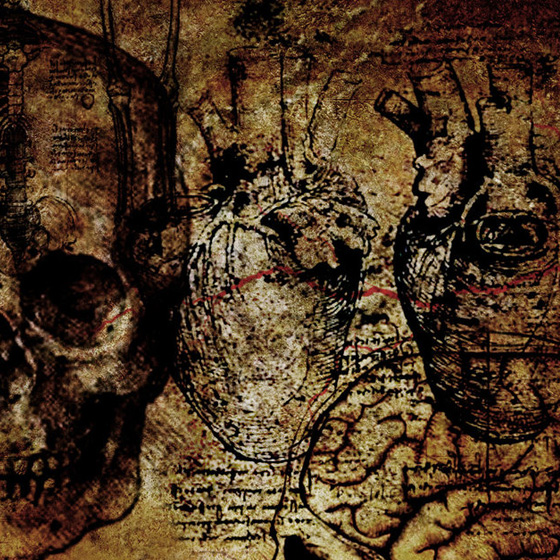Causal agents of Pneumonia

Abstract:
Pneumonia is an illness, usually caused by infection, in which the lungs become inflamed and congested, reducing oxygen exchange and leading to cough and breathlessness. It affects individuals of all ages but occurs most frequently in children and the elderly. Among children, pneumonia is the most common cause of death worldwide. Historically, in developed countries, deaths from pneumonia have been reduced by improvements in living conditions, air quality, and nutrition. In the developing world today, many deaths from pneumonia are also preventable by immunization or access to simple, effective treatments. However, as we highlight here, there are critical gaps in our understanding of the epidemiology, etiology, and pathophysiology of pneumonia that, if filled, could accelerate the control of pneumonia and reduce early childhood mortality.
Every year 1.9 million children under 5 years of age die from pneumonia. It can be caused by bacterial, viral, or parasitic infection as well as by noninfectious agents. Most severe cases of pneumonia are caused by bacteria, of which the most important are Streptococcus pneumonia (pneumococcus) and Haemophilus influenzaes, pneumonia killed 47 of every 1,000 children before the age of 5 years On average, 2%–3% of children each year have pneumonia severe enough to require hospitalization, and many of these disease episodes are potentially fatal. For every 1,000 children born, about 100–150 episodes of severe pneumonia arise during the first 5 years of life, most during the first 2 years. Approximately 21% of child deaths are due to pneumonia and many developing countries have mortality rates of 60–100 per 1,000 children under 5 years of age this suggests that of every 1,000 children born alive, 12–20 die from pneumonia before their fifth birthdays.
Keywords: Inflammation, congestion, breathlessness, immunization, Streptococcus pneumonia (pneumococcus) and haem ophilus influenzas.

